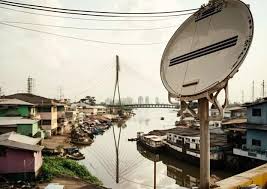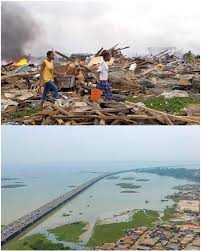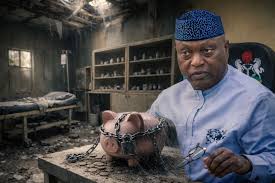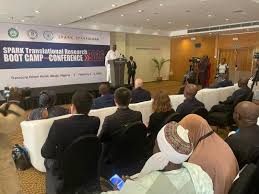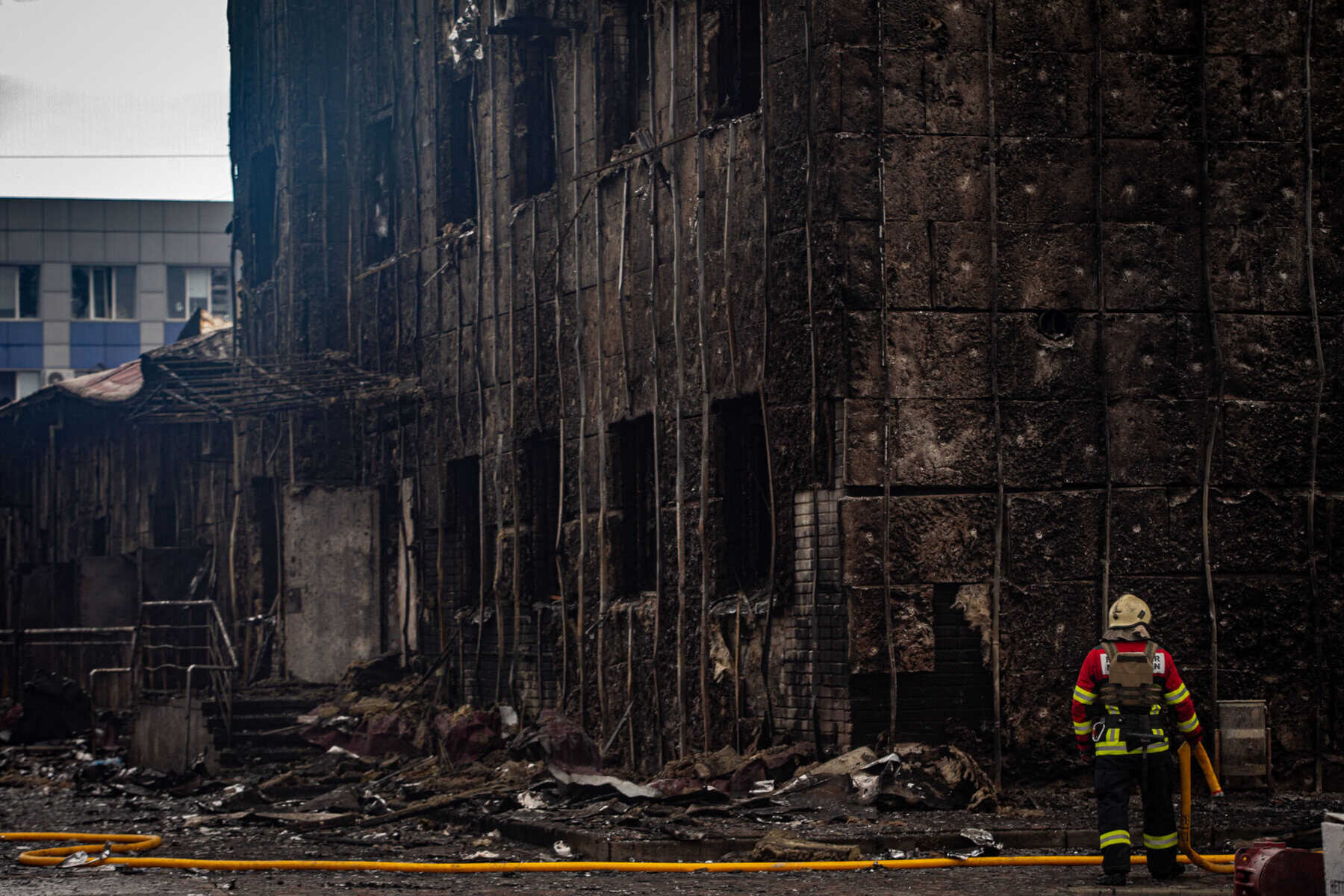
A burned-out warehouse is at the Sumy train station after a Russian drone attack. (Photo by Francisco Richart Barbeira/NurPhoto) (Photo by Francisco Richart Barbeira / NurPhoto via AFP)
Seventeen South African mercenaries are stuck in no-man’s land in the middle of the Russia-Ukraine war – and they want to come home.
But it’s not certain whose side they are on.
The Ukrainian embassy in Pretoria denied the hired guns were fighting for them, while the Russian embassy refused to comment.
Kyiv distances itself from stranded South Africans
The new Ukrainian ambassador, Olexander Scherba, said authorities in Ukraine are unaware of any group of South African citizens in this kind of predicament.
“Seems like they’ve been fighting on the side of the aggressor [Russia] in this war. Africans all over the continent get fooled and lured to fight in this colonial war,” Scherba said.
“Our message and strong appeal to all SA citizens: Please don’t fall for it, don’t break the law of your country and don’t take the side of the aggressor. No money in the world is worth it.”
ALSO READ: 17 South African men trapped in Ukraine after being lured to join mercenary forces
His words come as Kenyan newspapers reported that some of that country’s citizens have been recruited to fight for Russia.
The 17 South Africans are reportedly trapped in the Donbas region and made distress calls to the South African government for help.
Legal implications under South African law
This week, President Cyril Ramaphosa’s spokesperson Vincent Magwenya said the men are aged between 20 and 39.
Of the 17, 16 are from KwaZulu-Natal and one from the Eastern Cape.
Under the Foreign Military Assistance Act of 1998, it is illegal for South African citizens and entities to offer or provide military assistance to foreign governments, or participate in armies of foreign governments unless authorised by the South African government.
ALSO READ: EU: Russia ‘gambling with war’ by entering our airspaces
“President Cyril Ramaphosa has ordered an investigation into the circumstances that led to the recruitment of these young men into these seemingly mercenary activities,” Magwenya said.
“The South African government is working through diplomatic channels to secure the return of these young men following their calls for assistance to return home.
“President Ramaphosa and the South African government condemn the exploitation of young, vulnerable people by individuals working with foreign military entities.”
Reports of African recruitment for Russian forces
Scherba cited numerous reports from various regions in Africa indicating soldiers have allegedly been recruited to fight on the Russian side.
The Standard newspaper in Kenya reported on its front page with the headline “Help! We Are Dying.”
The article included photographs of a Russian soldier alongside a group of foreign fighters in high spirits, as well as an image of John Kariuki and his wife, Rahab Muthoni, holding a picture of their son, Samuel Maina, who served in the Kenyan Defence Force and has been missing for several months.
The caption claimed that Maina was reported to be in Russia.
